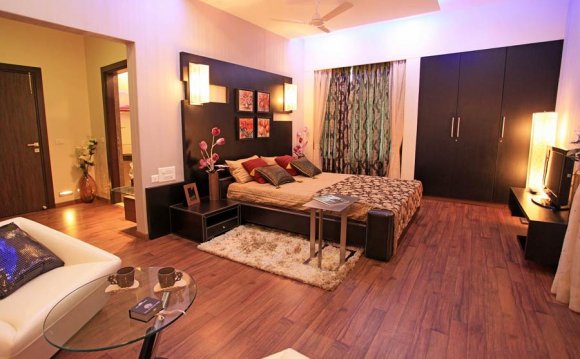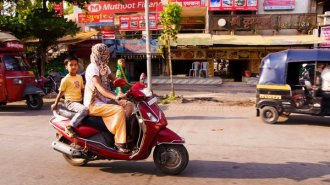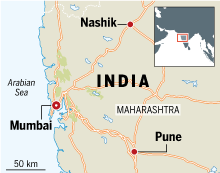

©Richard Wayman/Alamy
The city of Pune, 150km southeast of Mumbai, has an increasingly global outlook
Styloot.com, a fledgling ecommerce website, appears to be the classic Silicon Valley start-up – it has a business model that combines fashion, media and technology, it targets western consumers, and it has a small team of engineers developing proprietary technology. Except that Styloot’s engineers and fashion analysts are not based in California, but in an apartment in Pune, an Indian city with an increasingly global outlook.
“We chose Pune because the cost of living is low, and the quality of life is high, ” says Samir Patil, one of Styloot’s co-founders, pointing to the tree-lined, residential street in Model Colony, in the heart of the city, where the company is located. “Mumbai was unviable because the costs of living for the developers would have been too high and we wouldn’t have found the technology talent. And had we been in the US, we would not have been able to create this depth of technology with seed funding.”

Located 150km to the southeast of Mumbai, India’s financial capital, Pune was historically known as the “Oxford of the east” for its many engineering colleges. Its intellectual leanings are accentuated by a strong cultural tradition, especially in music, literature and theatre. A pleasant climate and proximity to Mumbai also make it a convenient location for a second home for many investors from other parts of the state of Maharashtra.
The city’s economy (and real estate market) is now driven by the presence of two large and growing sectors: automotive manufacturing and information technology. Willy Praet, a Belgian expat who moved to Pune nearly five years ago, is managing director of the India operations of Kongsberg Automotive, a Norwegian automotive components manufacturer. He says he found “the perfect supplier base for our products in Pune and the 50km area surrounding it. Also, the presence of engineering colleges makes recruitment easier.” Praet rents a penthouse apartment in upmarket Koregaon Park in central Pune. “I have everything I need when I come home, it is very comfortable, ” he says.
Sagar Chordia, director of Panchshil Realty, one of the city’s biggest real estate developers, is currently constructing two high-end residential projects in Pune: Yoo Pune, in association with well-known designer Philippe Starck, and Trump Towers.
YOU MIGHT ALSO LIKE










